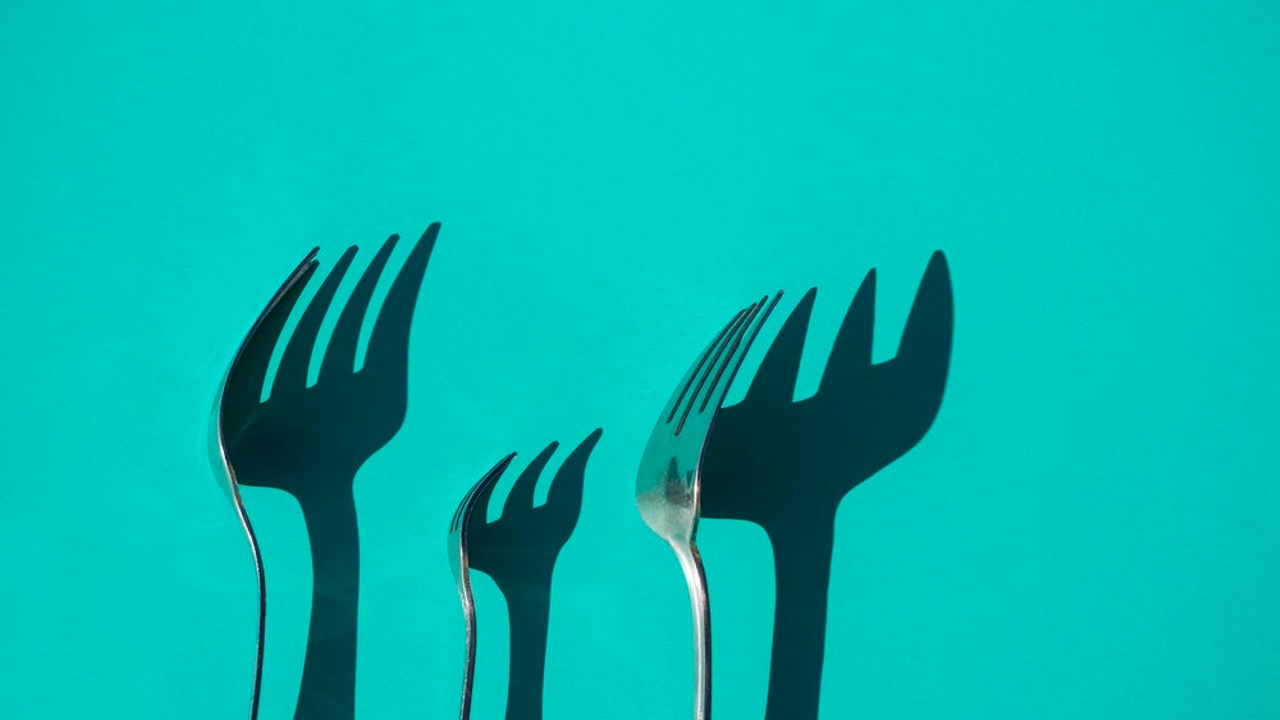Which Type of Binge-Eater Are You?
Jan 19, 2021
While the signs of binge-eating are generally quite similar from person to person - i.e. eating large quantities of food in one sitting - usually in secret and quickly, and with feelings of guilt and distress afterwards - the reason people binge can vary widely.
It’s important to figure out which type of binge-eater you are so you can learn WHY you binge. Only then can you decide WHAT to do to treat it.
So...binge-eating! It often seems like the monster is binge-eating but really it’s the restricting part of the cycle. It’s what keeps it going. If we can stop the restricting, then the bingeing will ease off and eventually you’ll forget the word even exists! (Happened for me!).
There are 3 different types of restricting and you could be dealing with 1 or all of them, so let’s break it down:
PHYSICAL RESTRICTION
This is dieting, calorie restriction, macro deprivation (like too low-carb/low-fat), over-exercising, starvation & skipping meals, following a strict plan or food rules, etc. Also, eating highly-processed, nutrient-poor foods can trigger bingeing because they’re micronutrient deficient and designed (in a lab) to be insatiable & impossible (for most) NOT to binge. Physical restriction is extremely common! Luckily, it’s also very treatable with commitment and lifestyle changes.
MENTAL RESTRICTION
This is about your self-talk - the voice inside your head telling yourself often that you ‘can’t’ or ‘shouldn’t’ eat something or too much. It’s about labelling food as ‘bad’ or ‘good’. This internal dialogue leads to beating yourself up and feeling guilty or ashamed for what or how much you’re eating. Mental restriction has almost become the norm for many of us due to diet culture. If you say phrases like, “I’ve been really good today”, “I ate badly yesterday so I should only have salad for lunch” or “I can’t eat snacks after dinner”, then you’re likely restricting yourself mentally.
EMOTIONAL RESTRICTION
Emotional restriction can be described as harbouring feelings like anger, feeling sad, stress, pain, loneliness, lack of passion/purpose, or suppressing ANY uncomfortable emotion and using food to fill the void and take away the discomfort. At the most fundamental level - humans spend our lives avoiding pain and seeking pleasure. And we usually try to take the easiest route which requires minimal effort. So when we’re feeling stressed after work, or lonely when we get home, the easiest thing in the short-term to do to minimise this emotional pain AND feel pleasure is binge on delicious comfort foods. It works! But only in the short-term. After the binge is over, those negative emotions may have subsided a bit but they’ll be there again tomorrow to deal with - and now you have the guilt and distress of bingeing to deal with. Can you identify any emotions that you use bingeing to distract yourself from?
Healing from bingeing isn’t about telling ourselves to just stop bingeing. Or to use willpower to resist the urge to binge. It’s about catching it earlier in the cycle at the restriction stage, and addressing the type of restriction. Bingeing is a symptom of restriction.
Which type of restriction are you? Most people identify with several or even all types at once. This is very normal because they all feed into each other in a way. And the good news is that ALL three types are treatable!
Don’t forget to follow me on Insta for help on dealing with your bingeing, motivation and support!
Start your food and body healing journey with the FREE masterclass
"Why You're Still Binge-Eating & How To Stop"


